March 1, 2024
They call it mellow yellow. Issue 19 of IN Magazine lands
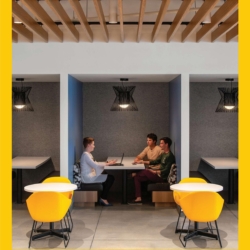 The new issue of IN Magazine has been published online today. In this issue: we ask why firms are so reluctant to change what they do; a dream of the past and future of work; Andy Lake talks about his new, visionary book; how AI might make cities worse; what inclusive design means; a panel of experts discuss what changing work practices mean for major business districts; why we must rethink how we light our streets and squares; how to strike the right balance when it comes to creating meetings in offices; and we take a grand tour through the Bucharest HQ of the world’s biggest travel group. (more…)
The new issue of IN Magazine has been published online today. In this issue: we ask why firms are so reluctant to change what they do; a dream of the past and future of work; Andy Lake talks about his new, visionary book; how AI might make cities worse; what inclusive design means; a panel of experts discuss what changing work practices mean for major business districts; why we must rethink how we light our streets and squares; how to strike the right balance when it comes to creating meetings in offices; and we take a grand tour through the Bucharest HQ of the world’s biggest travel group. (more…)





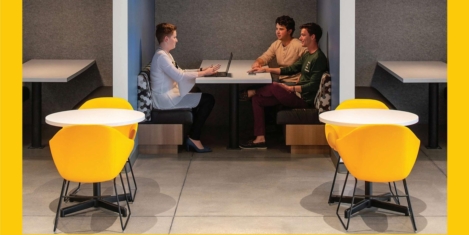





 For years it has been evident that there is no ‘future of work’. There is only a journey with no destination and no single way of not getting to it. That hasn’t stopped people talking about it all endlessly. And each time they have, I’ve reached for my pistol.
For years it has been evident that there is no ‘future of work’. There is only a journey with no destination and no single way of not getting to it. That hasn’t stopped people talking about it all endlessly. And each time they have, I’ve reached for my pistol. 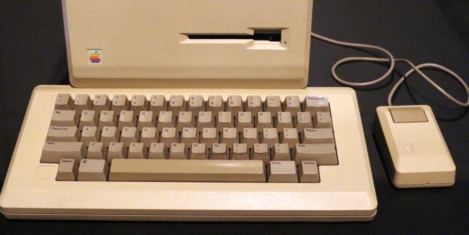
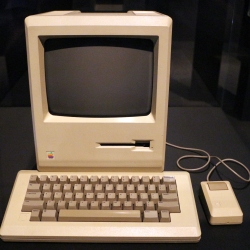

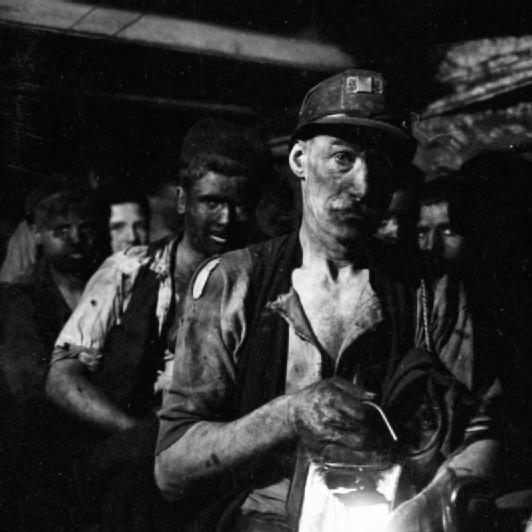

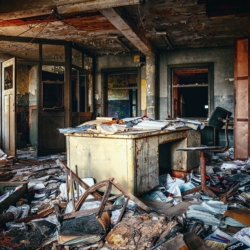






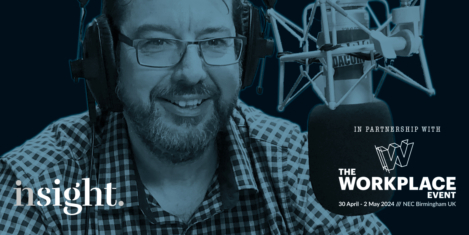
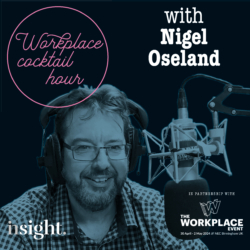








February 28, 2024
What do we need offices for anyway? The Greeks had a word for it
by Mark Eltringham • Comment, Workplace design